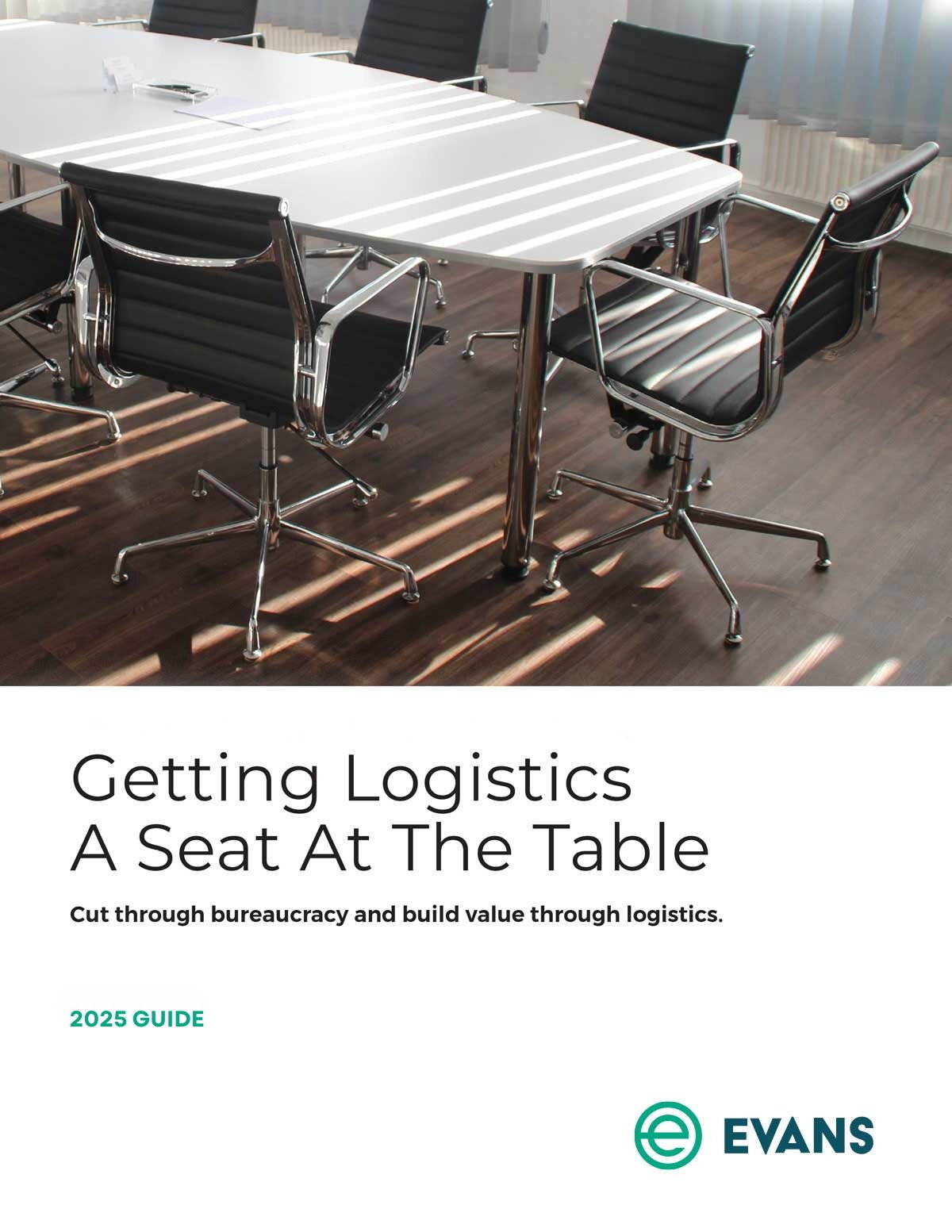Know which accessorial fees in LTL shipping are avoidable and which are negotiable to reduce your overall spend.
LTL shipping can be a cost-effective and flexible way to transport freight. In fact, the ability to add special services beyond dock-to-dock delivery is a big benefit. If you’re not careful, however, accessorial fees for additional services can add up quickly. Suddenly that low base rate for your LTL load isn’t so low anymore.
Accessorial fees are charges levied against a shipper for any services that cause inefficiency. Lost time on special services equals lost money for carriers, so these add-on charges protect them. When you examine your own inefficiencies that contribute to accessorial fees, you can not only reduce your LTL spend but also improve your carrier relationships.
Common special services and accessorial fees in LTL shipping
Here are some of the most common accessorial services in LTL shipping and their associated costs.
- Fuel surcharge: This is one of the most commonly charged accessorial fees by LTL carriers. LTL carriers apply this charge to stay within profit when the cost of diesel gas is excessive. This fee is calculated as a percentage based on U.S. Energy Information Administration indices. Fuel surcharges vary by transportation provider, so we can’t provide an average range. Also for this reason, it’s important to prioritize healthy carrier-shipper relationships and outsource your transportation to a reputable 3PL.
- Oversized: Freight that is too large to fit on a standard pallet or oddly shaped will incur a fee. (8-12’) $85; (12-16’) $125; (16-20’) $250
- High-cost delivery areas: If your shipment requires travel into a metropolitan or residential area that would result in lost time for the carrier, the carrier will charge you extra. $70-125
- Limited access: Certain places, like construction sites and schools, only have limited hours in which the carrier can deliver, which may not be the ideal time for peak efficiency. $5.00cwt/$70-450
- Notification requirement: Sometimes the consignee may require a phone call, text, or even a specific window of time. $15; $30-100 for an appointment
- Detention: Shipments cannot detain your carrier for longer than about 15-20 minutes, although you get more free time as the weight and shipment size increases. $1.50/min
- Correction fees: If the carrier believes your freight weight and/or class is inaccurate on your bill of lading (BOL), they will charge a fee to reweight and re-class it. $25-$30
- Lift gate/pallet jack fees: You’ll be charged extra when the carrier requires a lift-gate mechanism or a pallet jack to load. $3.00 cwt/$70-225
- Redelivery: If at any time the intended shipment is unsuccessful, a carrier will charge for another attempt. $75
There are many other accessorial fees: inside delivery, crossing the border, hazardous materials, etc. Many of them can’t be avoided, but all of them are negotiable. Our best advice for reducing these kinds of costs — and thus your overall LTL spend — is best explained in three tips.

